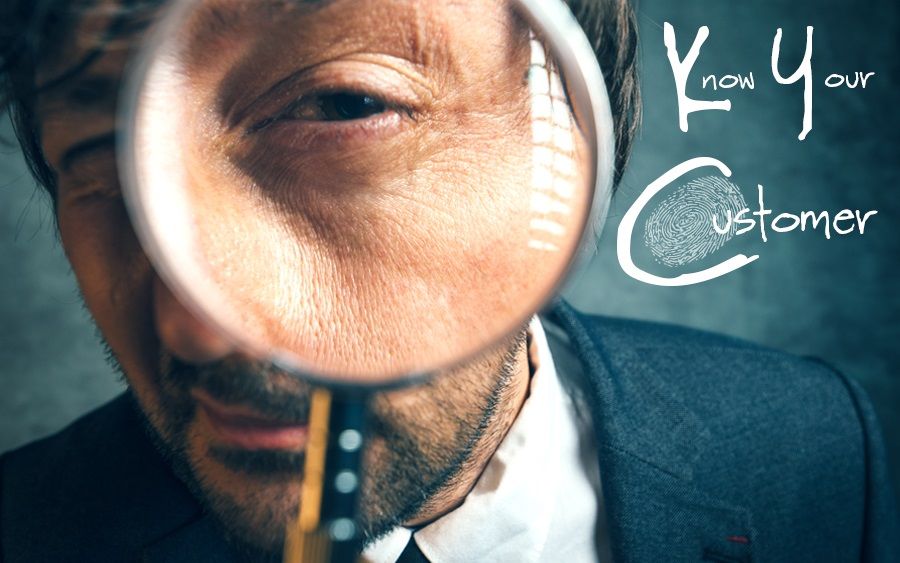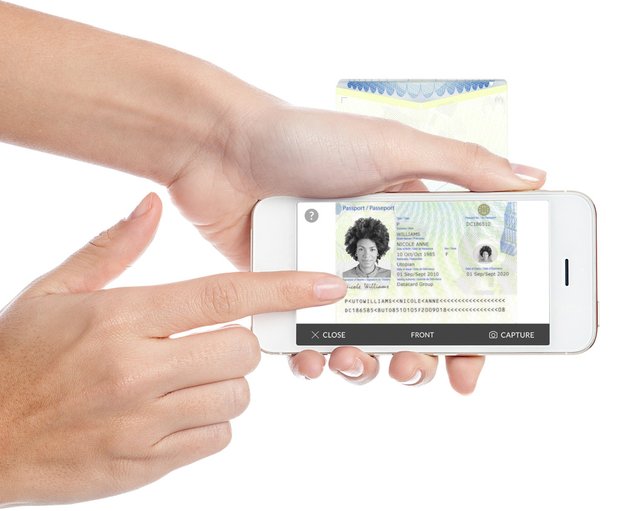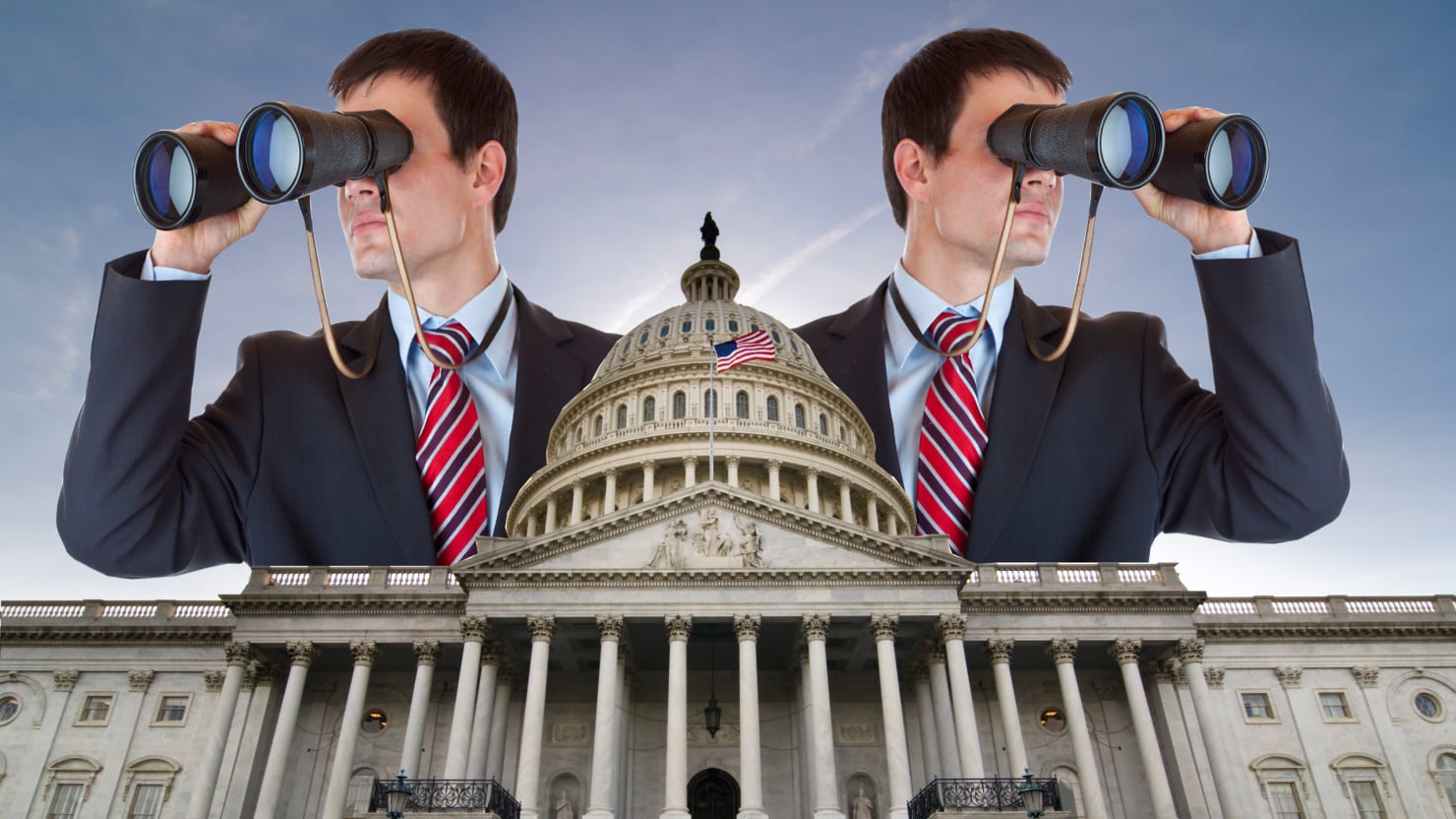Guide to regulating Cryptocurrency via the ''KNOW YOUR CUSTOMER'' (KYC) Procedure and Compliance
While Blockchain Technology is still relatively new, it doesn’t imply that there are no laws for the field hence why new regulations are already in place to protect Investors and Authorities have carefully started monitoring Blockchain Financial Markets
So in order to sign-up with most of the Cryptocurrency exchanges, you’ll be required to complete a “Know-Your-Customer” (KYC) verification procedure in order to enjoy full privileges offered such as higher withdrawal limits.
This allows new Customer to sign up and test services before having to submit information since a Crypto Exchange primary goal is to stay in business and thus Government compliance is vital to avoid wrongdoings that may be unlawful. It’s also, advisable to use Exchanges that are reputable since your Identity is at risk whenever you decide to share personal information with third party services tasked to safeguard your confidential data

Most of these platforms have to adopt Know Your Customer (KYC) procedure to verify the identity of its users in order to avoid Government Intervention.
Know your customer (KYC) is the process of a business identifying and verifying the identity of its clients. The term is also used to refer to the bank and anti-money laundering regulations which govern these activities
This includes procedures for complying with AML / KYC regulations and since the Government's agenda is to fight Theft, Fraud, Corruption money laundering and terrorist funding, failure to comply with regulation will likely lead to a ‘’crackdown’’ where Authorities take action through the courts
There are several grades of KYC with an increasing amount of private information you have to disclose
No KYC
No KYC means that the platform used for Cryptocurrency trading does not know who you are. There is no need to provide identity document when signing up, and you pay with a private means of payment like cash, western Union or Gift Cards. This method of buying Cryptocurrencies does not require KYC & currently allowed possible in some jurisdictions, for example platforms like Localbitcoins, ATM’s & more general P2P marketplaces tend to require little to no verification to buy/sell Cryptocurrencies, this method is riskier & more expensive but upside is privacy
Basic KYC
This degree of KYC identifies you by your payment channel and/or by phone numbers. Using Payment services such Visa, MasterCard or Paypal allows third party services to determine your personal identity as it’s linked to your bank account. On most platforms customer can engage in Cryptocurrency trading up to a certain extent before requiring more personal detail through Basic KYC procedure, limiting the amount users can withdraw however most exchanges set a reasonable amount (average. 10-20k Monthly Withdrawal limit) before restricting it users or requiring more personal details
Full KYC
On top of verifying your identity with your phone number and your bank account, Full KYC means that you provide documents that prove your identity. A full KYC would request for an ID card, a driver’s license or passport. On top of that Customers will also have to provide details regarding their current permanent residency by providing a recent Bank Statement, utility bill or a combination of all of this no longer than 3 months from date of issue. A new form of verification requires users to capture a clear image of them holding their ID card or piece of paper with latest date & signature. If you want to invest larger amounts of money or trade on exchanges, there‘s usually no way around the Full KYC procedure
The Global government effort to implement Anti-Money-Laundering-Rules (AML) are now being applied to almost all the platforms that trade Cryptocurrencies. There has been increased effort to regulate the Cryptocurrency Market, both business and individual may become subject to federal investigation as there has been reports of Localbitcoins.com and Coinbase users getting a warning or worse a visit from the local police
With Bitcoin & Altcoins gaining popularity over the years, investing in Cryptocurrency is still deemed to be highly speculative as there is a lot risk to consider, especially while it’s an unregulated market
The regulations require these entities to adopt KYC procedures. It assists them in knowing/understanding the customers and their financial dealings better to monitor their transactions for identification and prevention of suspicious transactions.
Businesses and Financial Institutions can onboard new customers with more efficiency as personal data is used for severals reasons;
- Collection and analysis of basic identity information, to determine the Customer Identification
- Identifying any Politically exposed person through Name matching against lists of known parties
- In some cases, personal data is used to monitor customer's transactions against their expected behavior and recorded profile as well as that of the customer's connection
- Determination of the customer's risk in terms of propensity to commit money laundering, terrorist finance, or identity theft
- Data analysis to determine a customer's transactional behavior
You shouldn’t have to share personal data in order to purchase Cryptocurrency but in the Financial world, Markets are primarily established on centralized platforms that are forced to comply with Government Law to stay in business
Innovative Blockchains are now being adopted by Governments themselves, so Authorities will eventually regulate the space by implementing laws to certain extent that’s within their power to regulate decentralized markets
It seems as for now the objectives of KYC guidelines is to prevent banks from being used, intentionally or unintentionally, by criminal elements for money laundering activities.









%20%E2%80%94%20Steemit%20-%20https___steemit.com_%40steemitguide.png)
%20%E2%80%94%20Steemit%20-%20https___steemit.com_%40steemitguide.png)
%20%E2%80%94%20Steemit%20-%20https___steemit.com_%40steemitguide.png)
%20%E2%80%94%20Steemit%20-%20https___steemit.com_%40steemitguide.png)
With the recent Equifax hack, the KYC stuff will become an even bigger risk for consumers. The future is in decentralized exchanges and consumer responsibility.
Nobody is gonna want to have all their sensitive personal info ripe for the picking by every hacker in the world. Big brother is loosing this battle.
Do you know if the exchanges share KYC info at all? COmparing users/checking their kyc info?
At some point, it's safe to assume that the Government will collect enough information from Exchanges in order to database us
As always when the people don't voluntary conform to monopolies they send in the thugs with guns. Don't steal, the Government hates competition.
You got that Right!
LOL. I always say that the government is the most successful business model. Hahahahaha.
Thanks a lot for that thoroughly researched topic. KYC is the cornerstone of aml and anti-terrorism financing. I also think its a great way to legitimize cryptocurrencies in the eyes of the public and institutions.
Appreciate the positive Feedback! Slowly Cryptocurrencies are regulated whether we like it or not. But, yeah once regulated that's when the Masses join on the FinTech revolution
You are very welcome.
government just want their share of the money.. we all know it very well that most terror is funded by government anyway
Thanks for the detailed and thorough explanation. Very helpful.
Hi steemitguide, lets say if i want to create a new simple wallet that let users buy amy given coin acepting btc,eth or visa, its obligated for me to do the kyc or other regulations? Thanks
This is an amazingly well-put article because people think bitcoin is completely anonymous when its really not..so much...at all..if you have access to identifying information. Lots of AML professionals think once it goes digital its gone but its not...the difficulty is putting it into words on how cryptocurrencies can be tracked which I think you have provided a good mindframe on how that would work!